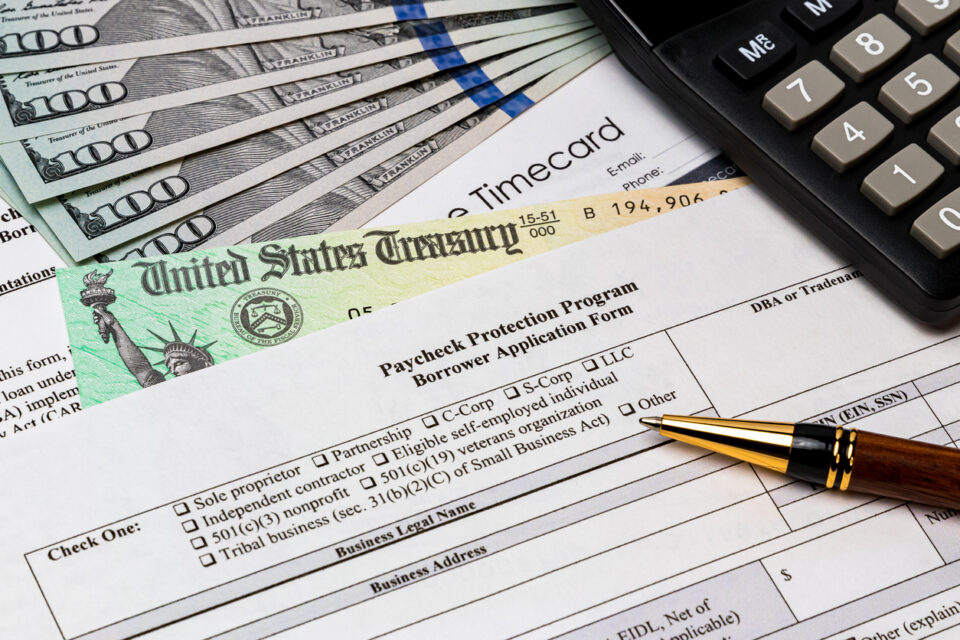Key Takeaways from the New Coronavirus Relief Bill for Employers and Small Business Owners

On Sunday night, President Trump signed the long-awaited second coronavirus stimulus package – the Coronavirus Response And Relief Supplemental Appropriations Act – which Congress had approved last week, offering additional economic relief related to the coronavirus pandemic. Here are the key takeaways for employers and small business owners:
FFCRA Leave Will Be Voluntary Beginning January 1, 2021. The Act does not extend the paid leave requirements under the Family First Coronavirus Response Act, which are set to expire on December 31, 2020. However, the associated tax credits have been extended through March 31, 2021. This means that employers are not required to provide leave under the FFCRA following January 1, but employers that choose to do so may still receive payroll tax credits for providing such leave. Employers should continue to follow the IRS’s documentation requirements required to support the tax credits. Employers who choose not to continue to provide FFCRA leave should carefully review state and local laws, as well as their own policies to determine whether employees are entitled to leave if an employee requests time off related to COVID-19.
Additional PPP funding and Second Round of PPP loans. For small business owners, the Act adds an additional $267.5 billion in new PPP funding for first-time eligible borrowers. Borrowers that returned all or a portion of their PPP loan are permitted to reapply for the maximum loan amount. The Act also gives PPP borrowers that have experienced severe revenue reductions the chance to apply for a second PPP loan if they (1) have 300 or less employees; (2) have used or will use the full amount of their first PPP loan; and (3) can show a 25% gross revenue decline in any quarter of 2020 as compared to the same quarter in 2019. This second round of PPP loans allows additional expenses to be eligible for forgiveness, including worker protection equipment to meet health and safety guidelines, property damage, supplier costs, and operating costs such as cloud computing services, accounting expenses, and software.
Federal Unemployment Benefits Extended. The Act provides a $300 per week increase in federal unemployment benefits through March 14, 2021. The Pandemic Unemployment Assistance, which expands coverage for gig workers, and the Pandemic Emergency Unemployment Compensation, which provides federal unemployment benefits to individuals who have exhausted their regular state benefits, have also been extended.
We will continue to monitor for developments and update you as they become available.